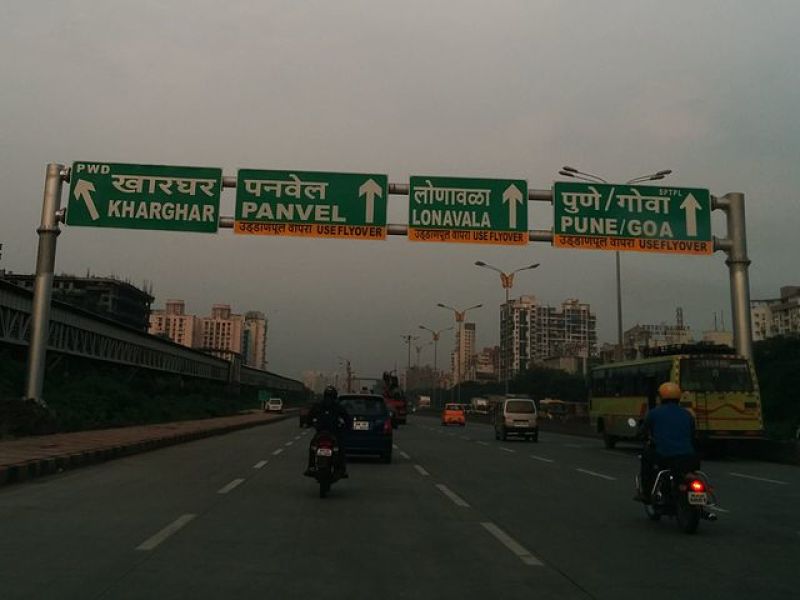
On March 8, the Legislative Assembly of Madhya Pradesh has approved the passage of the Madhya Pradesh Freedom of Religion Bill, 2021 which is basically an anti-conversion law. It aims to regulate religious conversions and will impose penalties on those they find as breaching the law.
Following the passage of the bill, International Christian Concern (ICC) reports that Christians in Madhya Pradesh fear the worse about radical Hindu nationalists using it to their advantage to persecute them further. Since the enactment, ICC has already received reports of 48 incidents of Christian persecution including "physical assaults, false criminal allegations, intimidations, and the closure of churches."
According to the Library of Congress on India's state anti-conversion laws, "conversion" is defined as "renouncing one religion and adopting another." This includes interfaith marriages. The new bill seeks to curb conversion attempts, either directly or otherwise, through "forcible" or "fraudulent" means, or by "allurement" or "inducement." The following are the given definitions of the said terms.
"The term 'force' in the law includes a 'show of force or a threat of injury of any kind including threat of divine displeasure or social excommunication.'[67] The term 'fraud' is defined to include 'misrepresentation or any other fraudulent contrivance,'[68] and 'inducement' means 'the offer of any gift or gratification, either cash or in kind and shall also include the grant of any benefit, either pecuniary or otherwise.'"[69]
ICC reports that should a person seeks to change his religion, the law requires him and the facilitating religious leader to file an application at the district administration 60 days in advance. Failure to meet this demand could result to imprisonment and monetary penalties.
"It is absurd to get permission from the magistrate if you want to convert to another religion," says Gerald Mathias, Bishop of the Diocese of Lucknow. "It also makes interfaith marriages almost impossible, thus depriving adults of the freedom to choose their partner."
ICC further states in their report that radical Hindu nationalists have accused Indian Christians and Muslims as perpetrators of the "forcible" and "fraudulent" conversions. This was due to the felt and seen mass conversions in India to either Islam or Christianity.
Other states with similar anti-conversion laws are Odisha, Uttar Pradesh, Arunachal Pradesh, Chhattisgarh, Gujarat, Jharkhand, Himachal Pradesh, and Uttarakhand. With the approval of laws limiting religious freedom, radical nationalists were emboldened to spread false accusations against Christians to justify their violence without any intervention from the local police.
ICC has done some digging into India's constitution. Article 25 in the constitution states that "Indian citizens have the fundamental right to profess, practice, and propagate the religion of their choice. The new anti-conversion law in Uttar Pradesh flies directly in the face of this fundamental right."
This was also highlighted by Bishop Mathias while pointing out the obvious partiality in the new law where "reconversions" to Hinduism are not regulated.
"The anti-conversion law goes against the fundamental right to profess, practice, and spread one's religion. It goes against a person's fundamental freedom to choose and practice a religion of their choice," the Bishop of Lucknow told Asia News.






























